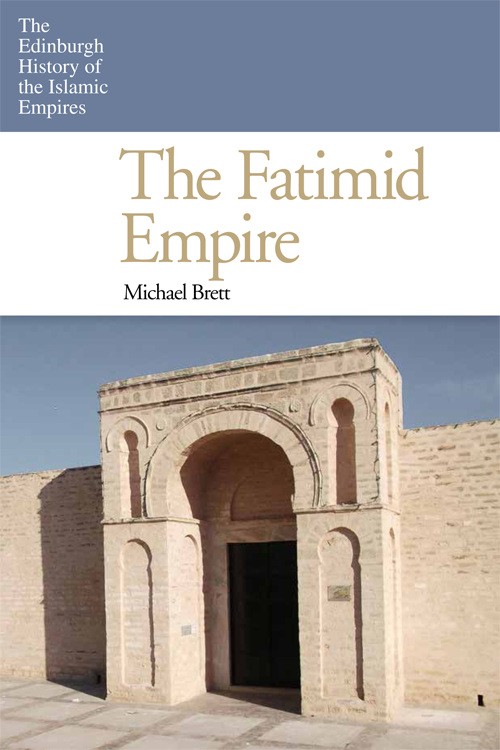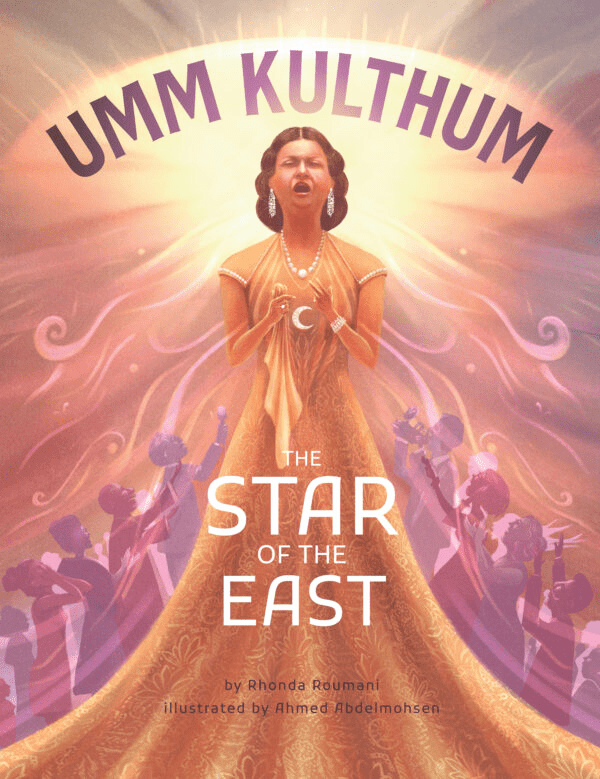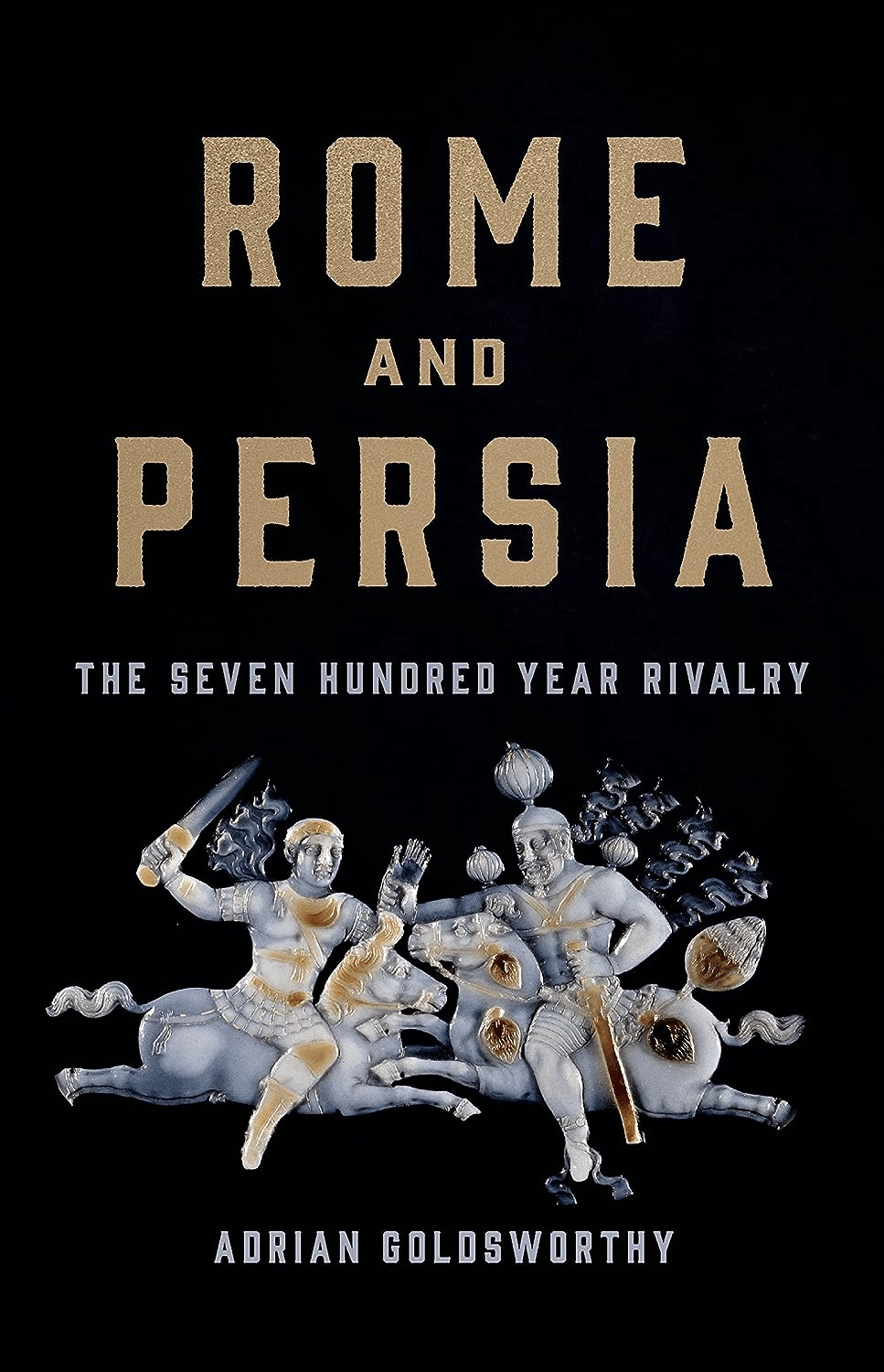
The Fatimid Empire
Tom Verde
Michael Brett.
2017, Edinburgh UP, 978-0-74864-0-775, £90.00 hb.
For nearly three centuries from 910–1171 CE, Fatimid power stretched from the Atlantic coast of North Africa to the shores of India, with governors and client kings ruling various cities and fortified provinces. This comprehensive volume, part of The Edinburgh History of the Islamic Empires series, is a close examination of an era that
was critical in the evolutionary development of the Muslim community “from a conquering army into a civilian population,” writes Brett. He studies the dynasty from
its inception as “a means to displace … [its] ‘Abbasid rivals as the legitimate rulers of a Muslim commonwealth centred upon Cairo,” to its mad, albeit enlightened ruler
(al-Hakim, 10th and 11th centuries), to its burgeoning economy, “heightened by the trading and manufacturing of agricultural produce,” such as flax for linen and
Sugarcane, “to supply an export as well as an internal market.”
was critical in the evolutionary development of the Muslim community “from a conquering army into a civilian population,” writes Brett. He studies the dynasty from
its inception as “a means to displace … [its] ‘Abbasid rivals as the legitimate rulers of a Muslim commonwealth centred upon Cairo,” to its mad, albeit enlightened ruler
(al-Hakim, 10th and 11th centuries), to its burgeoning economy, “heightened by the trading and manufacturing of agricultural produce,” such as flax for linen and
Sugarcane, “to supply an export as well as an internal market.”
You may also be interested in...

Children’s Book Documents Rise of Umm Kulthum, Egypt’s Star of the East, As Declaration of National Identity
Illustrator Rhonda Roumani presents an illustrative biography of legendary Egyptian singer and cultural icon Umm Kulthum.
In War and Peace, Book Explores How Rome and Persia Remained Frenemies
Book Review: In his latest scholarly work, Roman historian Adrian Goldsworthy reduces Persian and Roman longevity to simply an ever-evolving coexistence.